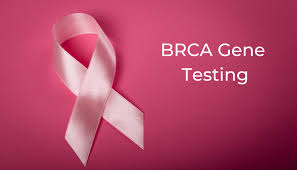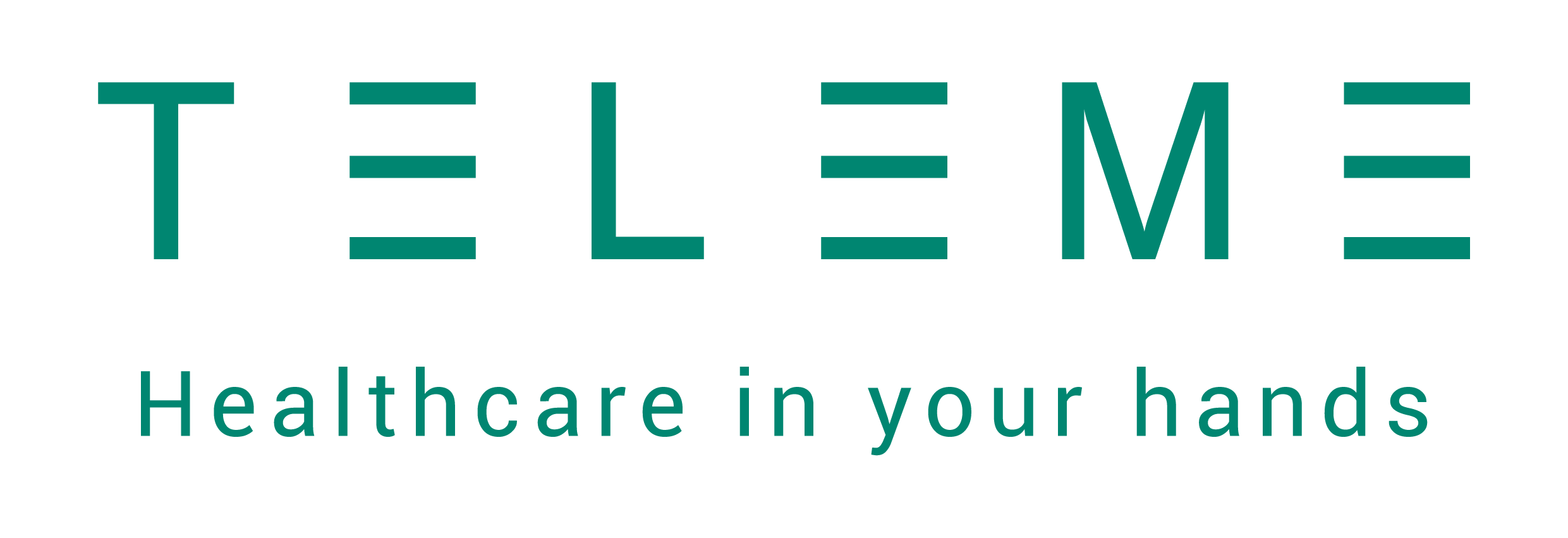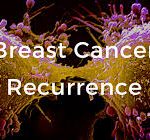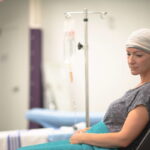
Breast cancer is the most common cancer in women with a risk of 1 in 8 in her lifetime. Around 5-10% of patients with breast cancer and 10-15% of patients with ovarian cancer have the BRCA gene mutation.
Genetics of Cancer
Genes are genetic material called DNA which determine everything about us from our hair colour to our height. Most of our genes are protective and help us fight diseases but when mutations (also known as variants) occur in certain genes such as the BRCA1 & BRCA2, PALB2, CHEK2, ATM, PTEN or TP53, the risk of certain cancers may increase. Mutations can occur due to;
- Increasing age
- Exposure to toxins such as tobacco smoke or pollutants
- Radiation or previous radiation therapy
- Genetic (known as hereditary or inherited mutation)

Characteristics of Hereditary Cancers
- These cancers occur at a younger age (less than 40 years old)
- There is a family history of cancer (such as having 3 or more family members with the same cancer type)
- There are specific patterns of cancer which occur within a family tree (such as breast and ovarian cancer or colon and uterine cancer)
- There are family members who develop 2 or more types of cancer in their lifetime (known as multiple cancers)
How can Gene Testing help?
Genetic cancer testing is able to;
- Determine your risk of getting the cancer if you have a family history of the cancer
- Help assess your risk of ovarian cancer (since around half of ovarian cancers with BRCA mutations, DID NOT have a family history)
- Provide more information about your cancer characteristics if you have the cancer
- Help doctors plan your treatment program before and after your surgery
‘Finding out whether there is a genetic risk to cancer enables women to be empowered to make choices that could save their lives, particularly for ovarian cancer where there is currently no effective screening method’
A POSITIVE result means a mutation or variant was detected in your sample tested. What does it mean for you?
1. If you already HAVE the cancer, this information will allow your Doctor or Healthcare Provider to;
- Understand the behaviour of your cancer cells better and the risk of cancer spread
- Plan your cancer treatment options including the choice of chemotherapy medications or targeted therapies
- Arrange for a customised follow-up program to screen for early detection of any possible recurrence
- Offer genetic testing for your immediate family member
2. If you DO NOT HAVE the cancer at the time of testing, this means you have an INCREASED likelihood of developing the cancer. Remember, that NOT EVERYONE with this mutation will develop the cancer. This information will allow your Doctor or Genetic Counsellor to;
- Discuss your risk of developing the cancer
- Arrange for a customised monitoring program to screen for early detection of any growth
- Explain how you can reduce your risk factors by living a more healthy lifestyle (such as stop smoking, reduce weight or do more regular exercises)
- Consider preventive treatment such as prophylactic breast and/or ovarian surgery
Implications of Genetic Testing
Genetic testing has some predictive limitations as well emotional implications and can cause;
1. False sense of security because a negative result does NOT mean you will not get the cancer. It just means that the specific genetic mutation is NOT detected but you may still be affected if you have other risks associated with the cancer such as smoking or been overweight.
2. Anxiety or stress when you get a positive test result because you may fear the worse. However, it just means that you have a higher risk of developing the condition. Your doctor or counsellor are there to provide support to help you formulate a plan to mitigate this risk.
3. Family tensions may arise if you share your positive test result with your family members. This information may result in blame or resentment but they must understand that you are trying to help them understand and learn to mitigate their own risk through no fault of anyone. It is up to them whether they wish to proceed to undergo genetic testing for themselves to learn their own risk.
Discuss your need or results with your doctor, genetic counsellor or oncologist about your own case
Disclaimer. TELEME blog posts contains general information about health conditions and treatments. It is not intended to be a substitute for professional medical advice, diagnosis or treatment. The information is not advice and should not be treated as such.
If you think you may be suffering from any medical condition, you should seek immediate medical attention from your doctor or other professional healthcare providers. You should never delay seeking medical advice, disregard medical advice, or discontinue medical treatment because of information on this website.








